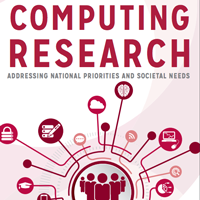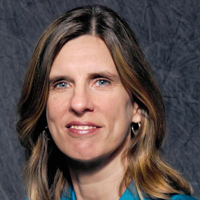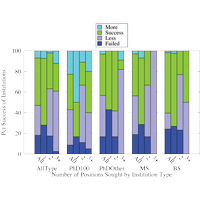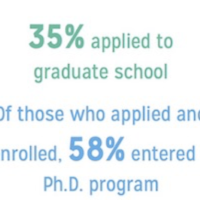
CRA Statement on US News and World Report Rankings of Computer Science Universities
The latest US News and World Report (USN&WR) ranking of Computer Science (CS) at global universities does a grave disservice to USN&WR readers and to CS departments all over the world. Last week, we respectfully asked the ranking be withdrawn. Unfortunately USN&WR declined.
The methodology used — rankings based on journal publications collected by Web of Science — ignores conference publications and as a consequence does not accurately reflect how research is disseminated in the CS community or how faculty receive recognition or have impact. Furthermore, the list of venues is not public. So while some may debate the soundness of any bibliometric-based rankings, there will be no debate about the flaws in the rankings USN&WR has published; the methodology makes inferences from the wrong data without transparency and, consequently, it arrives at an absurd ranking.















